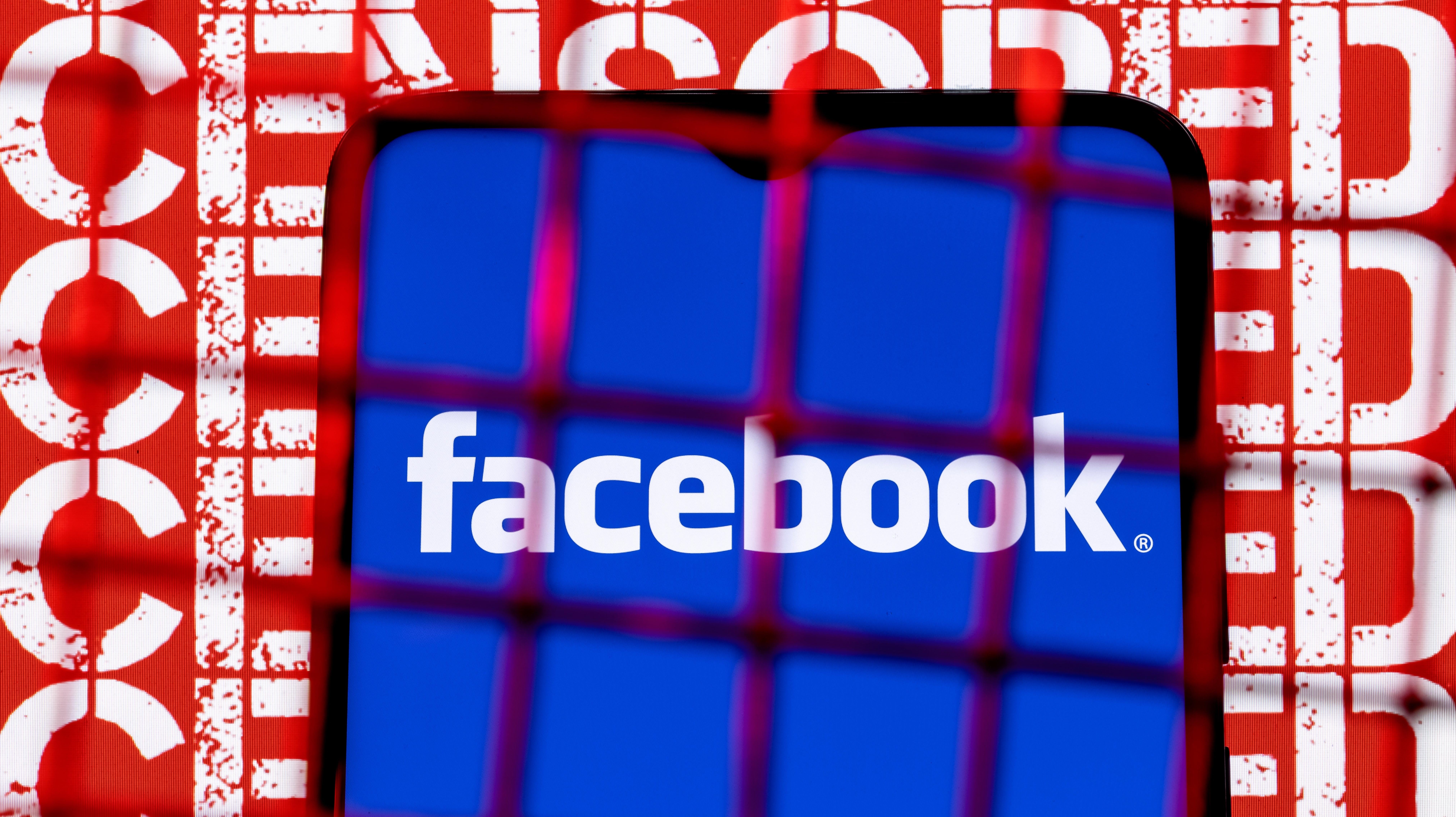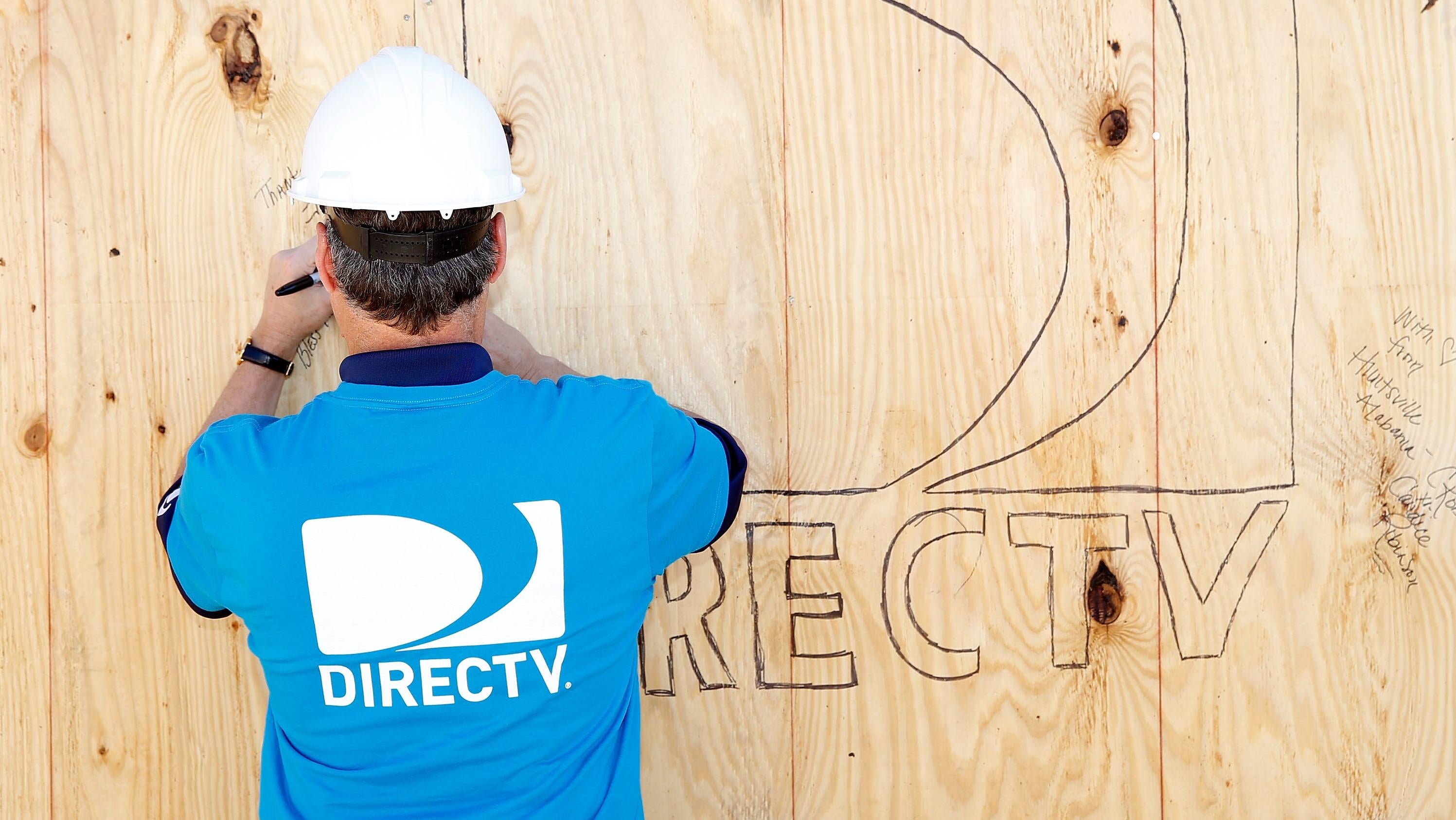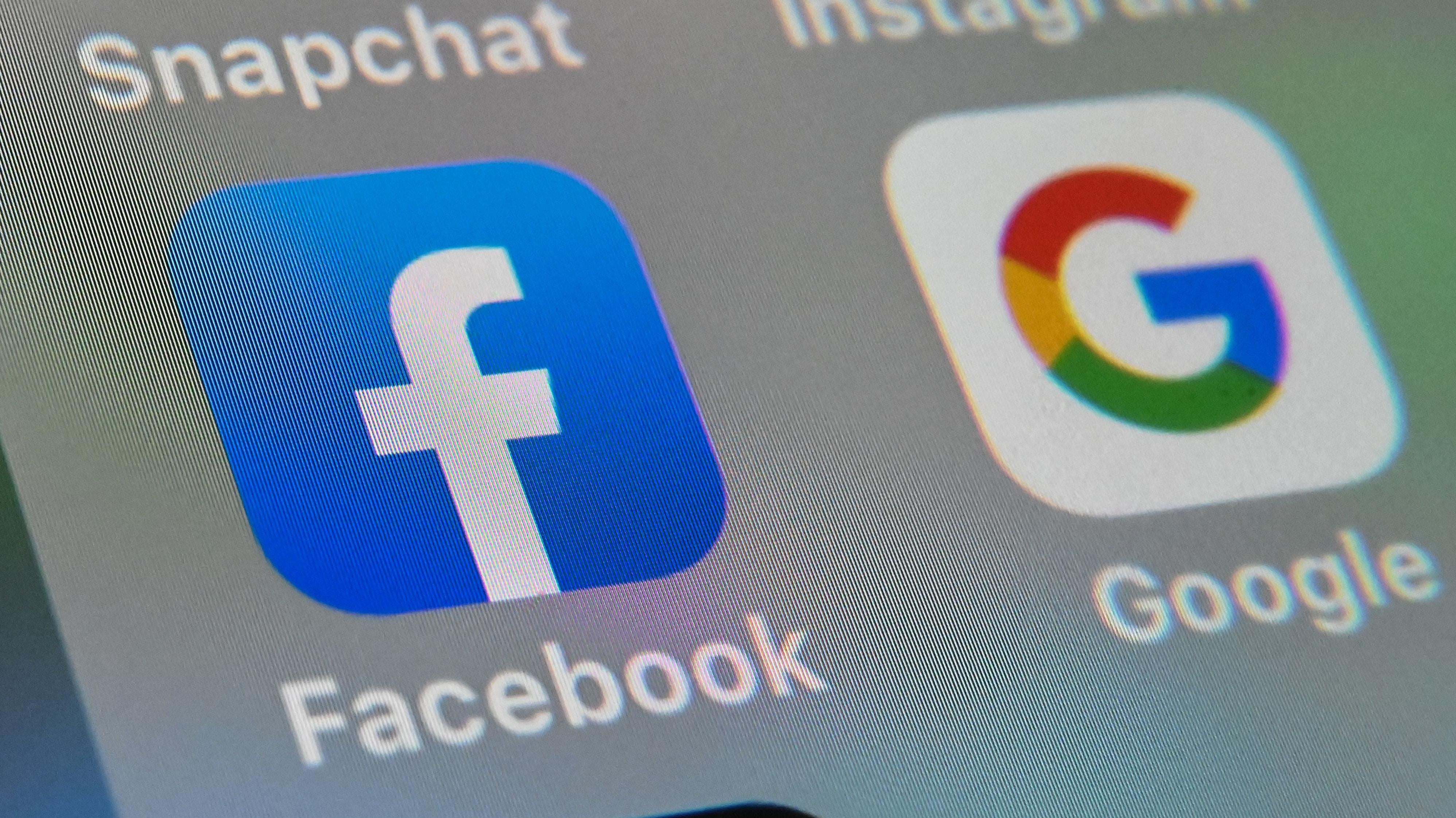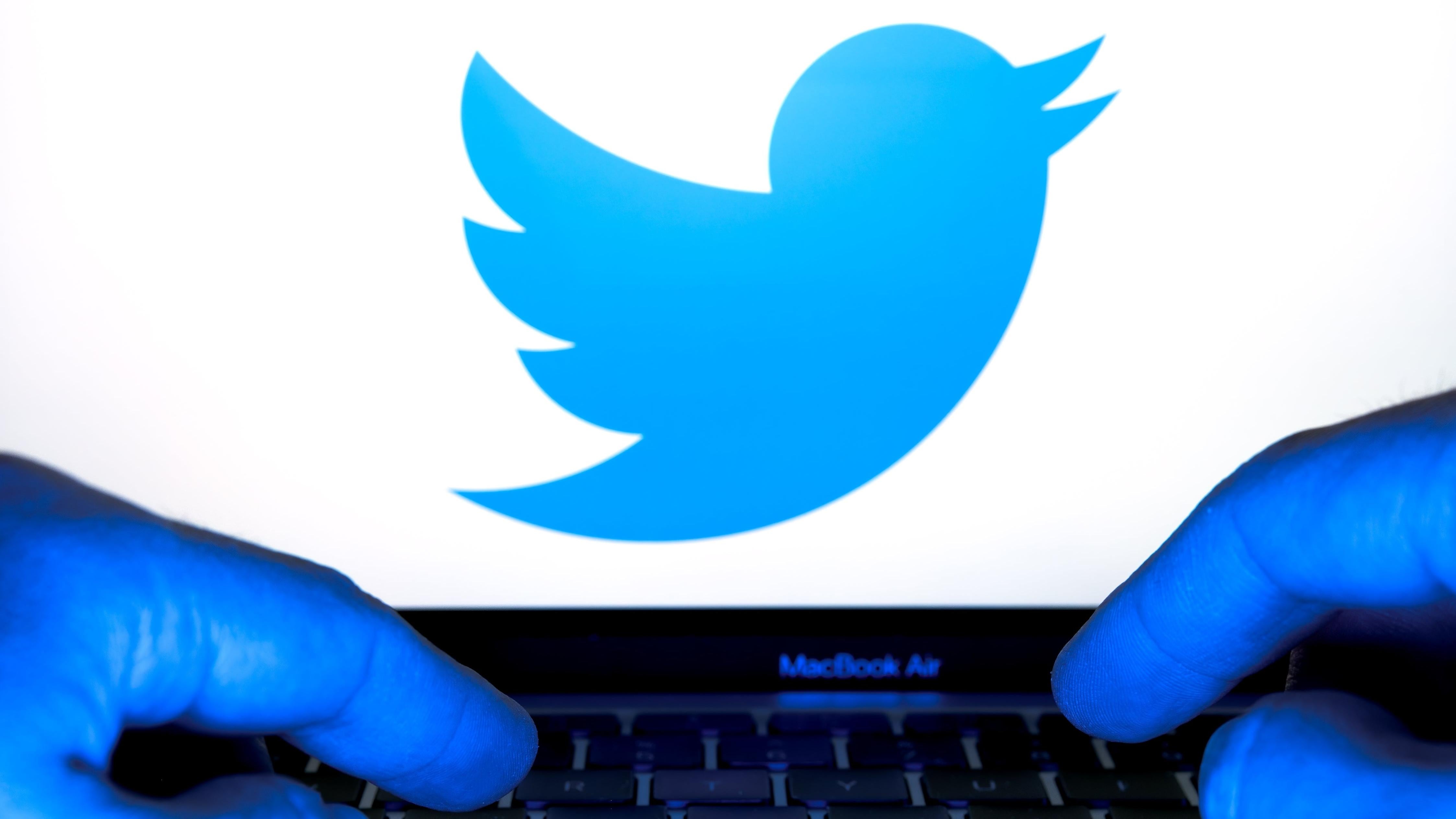The Lone Star State is indeed going at it alone against big tech, or at least that’s how it seems by the piles of threadbare allegations, lawsuits, and investigations against the likes of Google, Facebook, and GoFundMe, just to name a few.
It’s more than fair to be hard on big tech companies, but Texas’ greatest hits of inane or partially insane lawsuits have not really brought some of the world’s most powerful companies to heel. Though they might make voters back home feel empowered that “the man” is somehow sticking it to… “the man,” most of Texas’ attempted lawsuits have so far come to naught.
Texas Attorney General Ken Paxton is a constant figure in this fight, and over the years he has introduced lawsuit after lawsuit targeting social media companies like Facebook and tech giants like Google. Paxton has sued to overturn the 2020 election and — of course — he’s used the power of his office for much worse stuff than that, bringing an investigation against the family of a trans teen for the young person’s gender affirming care. A judge later found that investigation had absolutely no merit.
Paxton, who fellow Republican U.S. Sen. John Cornyn once called “a source of embarrassment,” is facing his own years old criminal case and a more recent FBI investigation over bribery and abuse-of-office allegations. His supporters don’t mind that as long as he gets to own the libs, one frivolous lawsuit at a time.
And he’s not the only one banging a hollow and sharp sounding gong against big tech. Texas Governor Greg Abbott and other lawmakers in the Texas legislature all stood behind bills to curb social media content moderation, even while the governor wants more companies to follow Tesla founder Elon Musk in making a new nest within the state.
And while European bodies like the European Commission have arguably been much more effective (if not controversially) about reining in big tech through antitrust laws, Texas can only really claim one recent victory, allowing Texas social media users the ability to sue social media companies for their accounts or posts being blocked or banned. However, the U.S. Supreme Court put a hold on the law, while falling short of actually making a decision on its constitutionality.
The thing is, some of these lawsuits actually have a point, especially with how these big tech companies handle user data. Yet the constant bombardment of lawsuits and baseless accusations has done little to change the way tech companies operate, and the only benefit seems to be officials’ standing in front of their supporters. Meanwhile, the state has welcomed other tech ventures like energy-hungry crypto mining with open arms. Never mind what it might do to the state’s ever-strained energy grid.
Anyway, here’s a non-inclusive list from only the past few years of ill-considered lawsuits and wild claims both the Texas AG and other state officials have made against the biggest tech companies.
Texas Wants Users to Sue Facebook for Banning Their Accounts

H.B. 20, or the Freedom from Censorship Act, is probably Texas’ most consequential anti-tech action the state has ever taken, and its all the more strange because how plainly it eliminates the notion that social media companies are private entities, instead thinking of them as de jure “public squares.”
The law was sponsored by Republican State Sen. Bryan Hughes and given the green light all the way up to Governor Greg Abbott’s desk, all the while saying they were supporting “free speech.” This is despite the fact that Texas Republicans have restricted how teachers can talk about racism in the classroom. H.B. 20 claims that all social media companies with more than 50 million users are subject to lawsuit from users who find that their account or even their posts are blocked or banned. It doesn’t matter if the content defies the companies’ user agreements or policies about disinformation.
Then in May, federal judges overruled a hold on the law in a split 2-1 decision without actually deciding on the merits of the law and without issuing a written decision. Those judges who ruled in favour of reinstating the law made claims that the social media companies are effectively “internet providers” rather than websites.
Trade groups representing social media companies quickly submitted an appeal with the U.S. Supreme Court, and over 30 separate pro-tech groups filed in support of the trade groups’ application. In a split 5-4 decision, SCOTUS put a hold on the order while letting the lower courts hash out a more thorough decision.
GoFundMe Banned Texas’ Favourite Canadian Caravan, and Paxton Thought Somebody Had to Pay

The self-proclaimed Freedom Convoy that rolled into Canada’s capital of Ottawa and stayed there for several weeks did not end up changing any of the country’s policies on covid, but it did rile up a large section of the conservative base both in Canada, but more so in the U.S.
The U.S.-based crowdfunding platform GoFundMe took down the convoy’s fundraising page, citing that the convoy had turned from protest into “an occupation” and announced it was refunding all donors’ money. Right-wing media and politicians were outraged, of course. So much so in Texas, Attorney General Ken Paxton declared there would be some sort of investigation into whether the company violated the state’s deceptive trade practices.
Paxton claimed, without much proof, that GoFundMe was funelling donors’ money to other “woke” causes. GoFundMe removed the campaign after Ottawa police launched criminal investigations into demonstrators’ behaviour.
Why should people in Texas care so much about a supposedly Canadian protest? It makes sense, since the Freedom Caravan was heavily backed by conservative U.S.-based individuals and groups, according to a data leak.
Texas AG Once Demanded DirecTV Show Ultra-Conservative News

Back in January, DirecTV, the AT&T-owned satellite TV provider, said it was dropping One America News from its lineup. The company had previously been forced to carry the ultra-conservative news network due to a settlement agreement after the telecommunications company broke a promise to OAN’s owner company Herring Networks to keep it on air. Still, AT&T is on the hook for an ad deal with OAN.
Does the back and forth between major communications companies matter to Texas and other conservative elected officials? Of course not. All that matters is they want their MAGA-spreading channel back on air. Paxton joined five other states’s AGs in writing a letter warning of “consequences” if the companies don’t renew the contract. What consequences? You guessed it, a long, drawn-out pouty face.
Of course, DirecTV stayed mum on the whole debacle, and they were probably better off for it. In July, Verizon, the last major carrier of OAN, said they wouldn’t be renewing the network’s contract, essentially relegating the conservative network to the bargain bin of cable. Paxton, for his part, remained publicly silent about this move.
The More Frivolous of Texas’ Lawsuits Against Google/Facebook

There’s a lot that can be said about Facebook’s face recognition tech and Google’s ad practices. But Texas AG Paxton is shooting from the hip as he tries to hit the tech giant where it hurts. It often doesn’t work, and the lawsuits are nothing but little blips on a monolith like Google’s radar.
In January of this year, Paxton sued Google for allegedly breaking Texas’ Deceptive Trade Practices-Consumer Protection Act by paying a company to have radio personalities record ads for its Pixel 4 when the DJs didn’t have their hands on the device.
This past February, Paxton unleashed a lawsuit against Meta for allegedly using its facial recognition tech to “exploit” Texans “billions of times.” Facebook had stopped using facial recognition tech last November, although that’s not a reason to not sue the social media giant. After all, the company has had to settle a class action lawsuit as well as an Illinois suit on the subject before. Facebook has said the augmented reality effects like avatars and filters is not facial recognition, but the company has turned off augmented reality face filters for users in the state.
Paxton Recently Realised Incognito Mode Isn’t So Incognito

Paxton’s also taken aim at Google’s incognito mode, claiming that Google is being deceptive when it says that the mode claims it allows for “private” searches because of location tracking.
Gizmodo talked to the experts, and the thing is, they also agree that Google has long been deceptive in how it advertises incognito mode, though maybe without as much grandstanding as the Texas AG. Most users don’t understand how much information Google is taking from their user experience, and then profiting off of it. Google could build a more private browser system, but simply chooses not to, according to experts interviewed by Gizmodo.
Paxton, meanwhile, has many broad claims that Incognito mode captures user data even though it “repeatedly assures” users they have control of what information is generated. Google has denied this, of course.
As noted in the Gizmodo article, Paxton isn’t the first person to point this out, and other suits have come up against the company before regarding its Incognito mode. No, it’s no crime to be late to the party, it’s just that it’s better if everyone wants to have you around before you dunk your head in the lawsuit punch bowl.
Texas Suddenly Cares About Bots on Twitter

Paxton and his team are headline hounds, often looking for what is making the rounds in the news sphere before announcing a big “investigation” or lawsuit against whomever gets them the most brownie points in ever-fluctuating conservative circles.
So when newfound Texas darling Elon Musk who brought his companies like SpaceX and Tesla into the lone star state starts making waves over concerns about bots on Twitter, you know Paxton was paying eagle-eyed attention. Before the Texas transplant went ahead and tried to blow up his deal to buy Twitter for $US44 ($61) billion, the Texas attorney general said he was investigating whether Twitter wasn’t telling the truth about its bots.
Paxton claimed the number of bots on Twitter affects state residents because not only do Texans rely on Twitter, but also does “Texas businesses and advertisers who use Twitter for their livelihoods.”
There’s been so much talk about bots since then. The ongoing lawsuit between Twitter and Musk depends heavily on Musk’s claim Twitter wasn’t being transparent about how many users were bots. A former Twitter exec claims in a whistleblower report that the bot situation is more severe than the company alleges, mostly due to the limited ways Twitter identifies who’s a bot and who’s not. Then again, Disney CEO Bob Iger said that when his company planned to buy Twitter, they found “a substantial portion, not a majority, were not real.”
But whether Paxton’s office has the technical capability to identify all the moving parts of the debate is another matter.
State AGs (Including Texas) Say Google Abused User Location Data

Like buckshot fired at close range, the more times you rail against tech, the more likely you’re going to strike on a grain of truth. That’s the case with Texas and its anti-tech lawsuits. As much as Texas wants to appear a maverick against the wiles of big tech, practically the only success its found is when it is just one part of multi-state investigations into the wiles of big tech and telecommunication companies.
This is evident going back many years, like when in 2015 telecommunication companies Sprint and Verizon agreed to multi-million dollar settlements over so-called “mobile cramming,” where customer phone bills are used for unauthorised charges placed by third parties without user consent. The companies settled for $US158 ($219) million, but Texas only received $US1.65 ($2) million.
Otherwise, there have been lawsuits from Washington state, Indiana, Washington D.C. and Texas alleging that Google pressures users to relinquish user location data. The suits further claim that Google’s options to limit what data gets shared is insufficient.
Texas had previously dropped other antitrust lawsuits against Google, focusing on digital ads rather than claiming Google has abused its monopoly.
It’s all part of a greater push against the Google hydra to cut its advertising end and its technology end. Texas has also previously created an antitrust lawsuit against the way the company uses its marketplace to price its ads.
